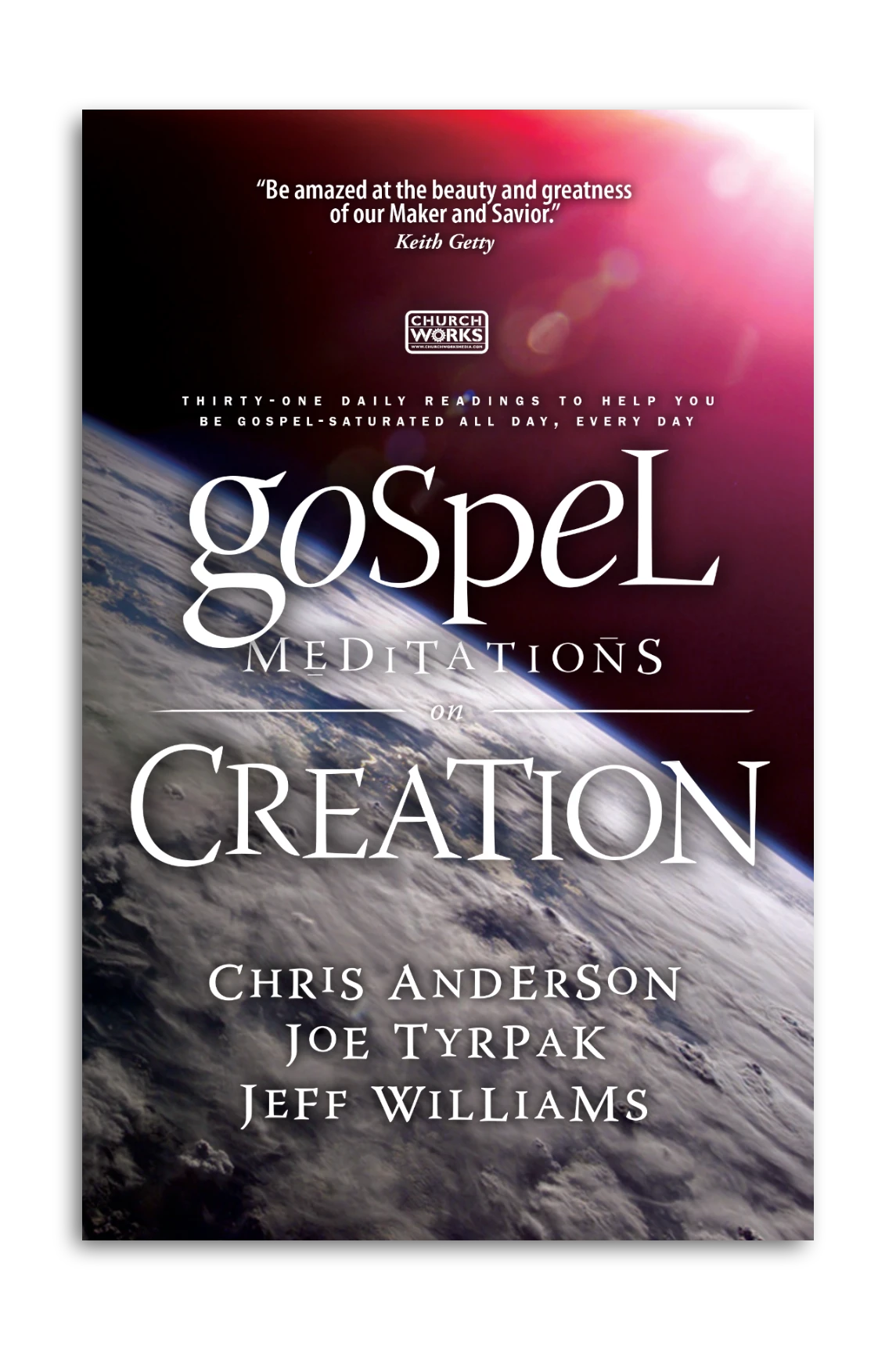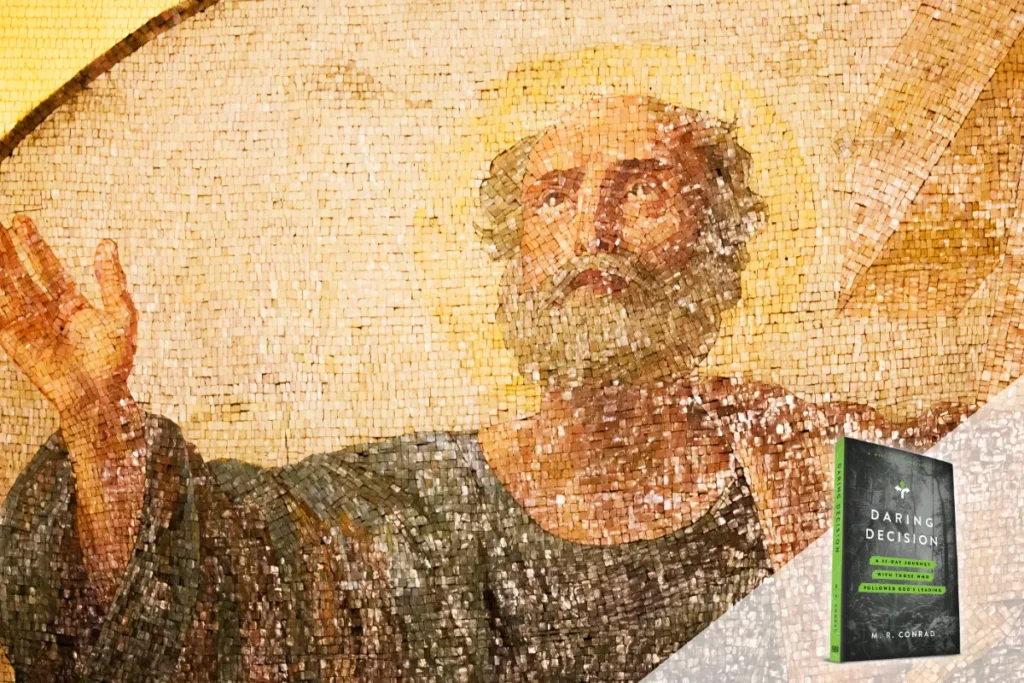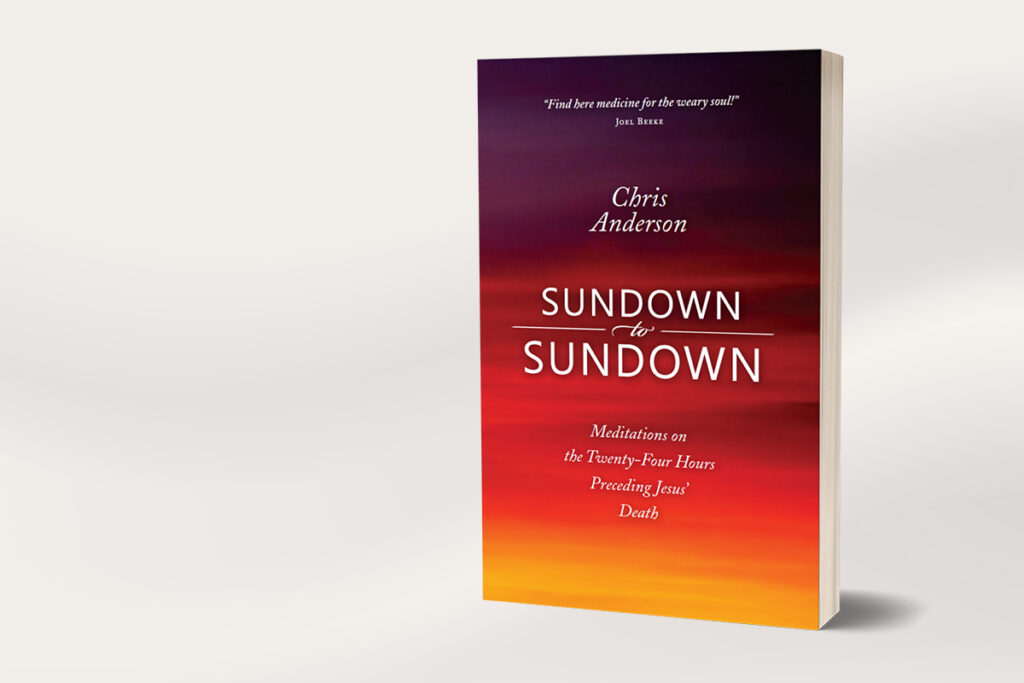
Blog
God Is SO Good!

This post by Chris Anderson comes from Gospel Meditations on Creation (Day 5: “How Pleasure Displays God’s Goodness”).
Perhaps you’ve heard contrasts like the following: “Christians live for duty; the lost live for pleasure.” Or, “We want to be good; those in the world want to feel good.” That’ll preach! The problem is, it’s all nonsense. Those statements are a caricature of Christianity and a slander of our Savior. Why? Because pleasure was God’s idea, not man’s or the devil’s. God made humans with amazing capacities for pleasure, then put us in a paradise playground absolutely teeming with legitimate opportunities for sensory indulgence.
God’s creation is a feast for the eyes, the ears, the taste buds, and so on. Yes, creation shows God’s power and wisdom. It displays that He is a God of order. But it also screams that God is good—as in, kind, generous, and benevolent. How else would you explain strawberries, pineapples, and peaches? Or sunsets, butterflies, and rainbows? Or seahorses, hummingbirds, and hippos? How else would you explain, well…sex? God’s world is a pleasurable place. As Paul tells us in 1 Timothy 6:17, God “richly provides us with everything to enjoy.”
Creation shows God’s power and wisdom. But it also screams that God is good—as in, kind, generous, and benevolent.
Doesn’t the variety of food pronounce God’s creativity and kindness? He could have given us nourishment through tasteless means—say, like air or water. But instead He created us with the capacity to enjoy things sweet, salty, sour, and bitter. And having crafted our taste buds, He filled the earth with an almost endless cornucopia of options to tease them: fruits, vegetables, meats, and herbs—all with their own unique tastes and textures, and each capable of being combined with others for an endless menu of options. Is He not good?
Or take the genius that God displayed in creating our eyes. They self-focus. They adjust for varying levels of light. They take in a dizzying variety of sizes, shapes, colors, and contours from the world around us, and our minds immediately process that data so we can savor a sunset, paint a masterpiece, or hit a curveball. God could have made the world black and white. Instead, He gave us the ability to enjoy color, then splashed it all over His world. Common trees are lovely—but flowering or towering trees are just God showing off. Then there are the colors of tropical birds, fish, and flowers. Why would God do that?! Because He can. Because it brings Him glory. But also because it brings us pleasure. Is He not good?
We could go on and on with various senses. God made us with the ability to smell and filled His world with flowers. God gave us the ability to hear and filled His world with thunder, waterfalls, songbirds, and symphonies. Why? Why all this variety? Why all this trouble? Because God is good.
It is a vice—not a virtue—to add to Scripture’s rules our own ascetic prohibitions.
Yes, creation is God’s playground for His people. There are rules, to be sure, and they must be obeyed. But it is a vice—not a virtue—to add to Scripture’s rules our own ascetic prohibitions: “Do not handle, Do not taste, Do not touch,” and “Do not marry” (Colossians 2:21; 1 Timothy 4:3). Such rules may appear to be “super holy,” but they are an offense to God, substituting legalism for the simplicity of the gospel. They deny the very pleasures God created us to enjoy.
Don’t make a god of your belly (Philippians 3:19). Find satisfaction through faith in Christ ( John 4:13). But with Christ as your Savior and Treasure, knock yourself out enjoying with thankfulness the tastes, scenes, and scents our good God surrounded us with—all for His glory!
Let the gospel liberate you to delight in God’s good gifts.
Explore the whole book!
Creation should move us to worship—especially when we consider that the mighty Creator stooped to become our merciful Savior. Take a 31-day journey of wonder, marveling at God’s power and goodness. Series authors Chris Anderson and Joe Tyrpak are joined by co-author Jeff Williams, a devout Christian and retired NASA astronaut who spent 534 days aboard the International Space Station—an American record when he accomplished it. To the surprise of many in the scientific community, Jeff believes that the Bible is inerrant, and he takes the creation record literally. His contribution to this project makes it a must-read!













